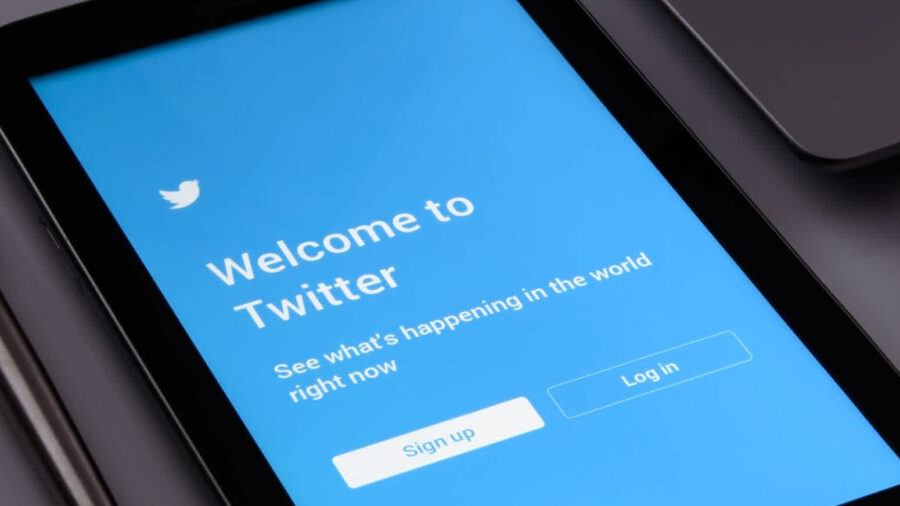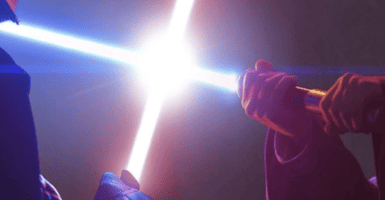Government Restrictions Coming For Every Social Media Network
U.S. Senators have introduced the “Protecting Kids on Social Media Act” to require stringent protocols of social media platforms.

Over the last year, it seems as though every social media platform from Twitter to Facebook to TikTok has at one point or another found itself under the crushing microscope of the government. Now, a group of United States senators from both sides of the aisle has come together to unveil their plan to stop kids under 13 years of age from being able to sign up and use these popular apps. Wrapped up in their proposal is a requirement to use a verification system that would utilize the government’s vast network of record gathering to check ages through a type of ID software and also a rollout of rules for minors over 13 when it comes to their access to the platforms.
According to The Verge, the four senators dubbed the bill the “Protecting Kids on Social Media Act” and are hoping that through implementing it younger users will be better protected when it comes to the world wide web. While there are already “rules” in place (i.e. check a box verification) to keep those under 13 off of various social media apps, these hurdles are easy for anyone to jump over as the platforms don’t keep a close eye when it comes to who’s really of age. For those teens between 13 and 18 years of age, the bill would put an end to collecting and using their personal data for its algorithm but the platform would still be able to give suggestions through advertisements.
Should it make its way through the Senate and receive the majority of votes, the bill would apply to any social media service that’s available in the United States that allows its users to share text, images, and videos. There are, of course, certain sites like Wikipedia that technically fall under this category but wouldn’t be expected to go by the same protocols as apps like Instagram. Wiki would find itself in the category of “crowd-sourced content for reference guides,” a group that would be on the outside of the box when it comes to age verification alongside others including cloud storage and videoconferencing.

While this last year saw the rise of Elon Musk’s Twitter takeover, it wasn’t the Tesla founder’s social media platform that’s been making the most waves with the U.S. government. Based on their suspicion that the Chinese government was using TikTok to gather information about its users, the platform’s top dogs met with Congress to discuss what the app really does. As those who tuned in for any second of the proceedings will know, it was a mind-numbing process to watch the generations clash in a knowledge gap of technology.
Still, TikTok’s days may be numbered in the United States as President Joe Biden is still calling for the platform to be banned across the entire country. Many branches of government have already blocked employees from using the social media app on their work devices but taking it a step further and implementing a country-wide banning could lead to some uproar among citizens. While it remains to be seen what will happen with TikTok, it’s clear that the United States government is trying to get a hold of the youth before the takeover of social media dives into chaos.












